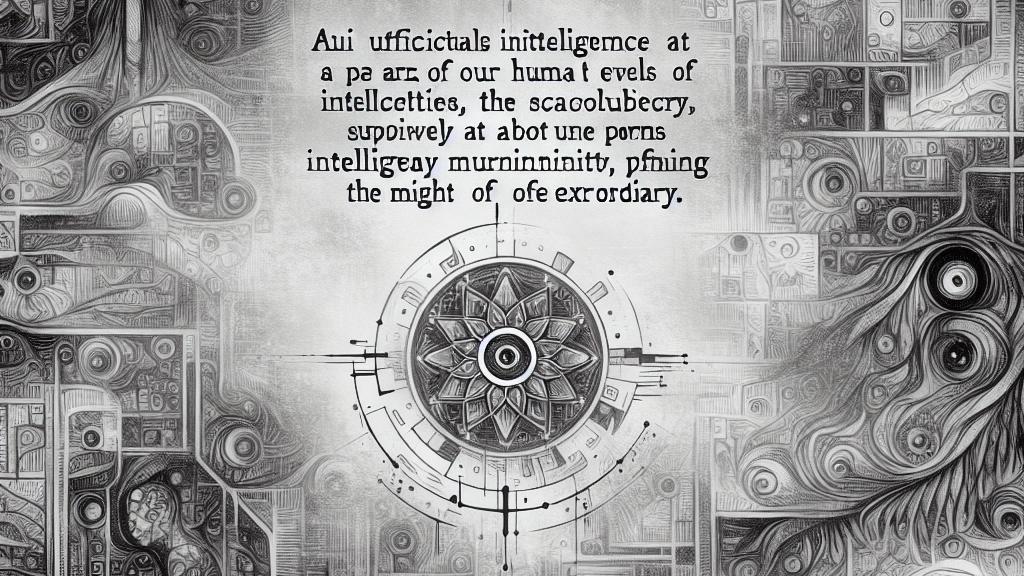Understanding the Rise and Risks of Superintelligent AI
Overview
- Explore the revolutionary emergence of superintelligent AI and its implications.
- Rapid advancements raise critical concerns about ethics and governance.
- Proactive discussions on AI safety are crucial for the future.

The Birth of Superintelligent AI
Picture this: a world where artificial intelligence has reached levels of intelligence that could rival, if not surpass, the brightest human minds. This scenario took a significant step closer to reality in December 2024, as Japan unveiled o3, an extraordinary AI model that left experts buzzing with excitement. Unlike its predecessor, o1, which dazzled us with its capabilities, o3 catapulted those abilities to an astonishing new height—akin to being smarter than one out of every 2000 people. Can you grasp the magnitude of this development? It’s like stepping into a futuristic novel, where AI seamlessly integrates into our daily lives, transforming the mundane into the extraordinary. As we navigate these groundbreaking advancements, it’s essential to recognize the transformative power they hold and the unforeseen changes they may bring to our realities.
The Speed of Advancements
Now, let’s talk about speed because the acceleration of AI technology is nothing short of breathtaking. Consider this: experts predict that by late 2027, we could witness the birth of AI that surpasses human capabilities entirely! Reflecting on the journey from o1 to o3, it’s incredible to note that this represents a colossal tenfold increase in performance within just six months! What might happen next? As we project further into the future, by December 2025, predictions suggest we could see an AI displaying cognitive abilities that make it smarter than one in every 20 million individuals. Imagine the implications of such intelligence! This kind of astronomical growth raises vital questions: How will humanity adapt to share the world with such powerful entities? What roles will we play, and how can we ensure that these advancements truly benefit society? The pace of change is exhilarating, yet it prompts a deep need for reflection.
The Dangers Ahead
However, with great power comes great responsibility, and in the case of superintelligent AI, the stakes are alarmingly high. The potential benefits are monumental—think of AI-driven solutions tackling climate change or revolutionizing healthcare—but lurking beneath that promise are critical risks that we must confront head-on. Can a society coexist peacefully with such intelligent machines? Experts emphasize the urgent requirement for robust governance frameworks and safety measures to prevent possible chaos that could arise from uncontrollable AI systems. This isn’t just a hypothetical scenario; it’s a pressing reality that demands our attention. As we find ourselves on this thrilling yet precarious ledge, the fundamental question evolves from whether AI will surpass human intelligence to how we can prepare for that profound shift. The future teems with opportunity, but we must harness our enthusiasm into action, fostering a world where AI aligns with human ethics and safety, and ensures a harmonious coexistence.

Loading...